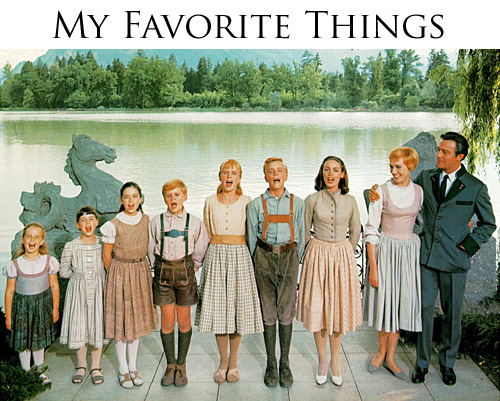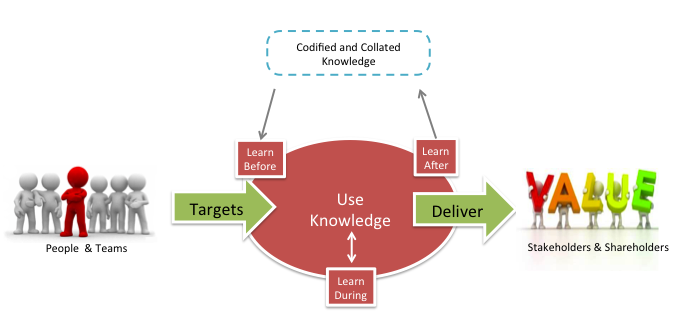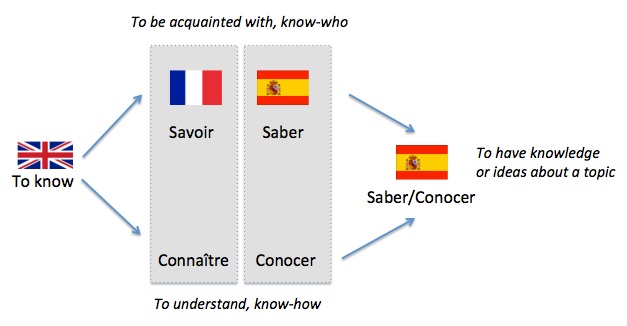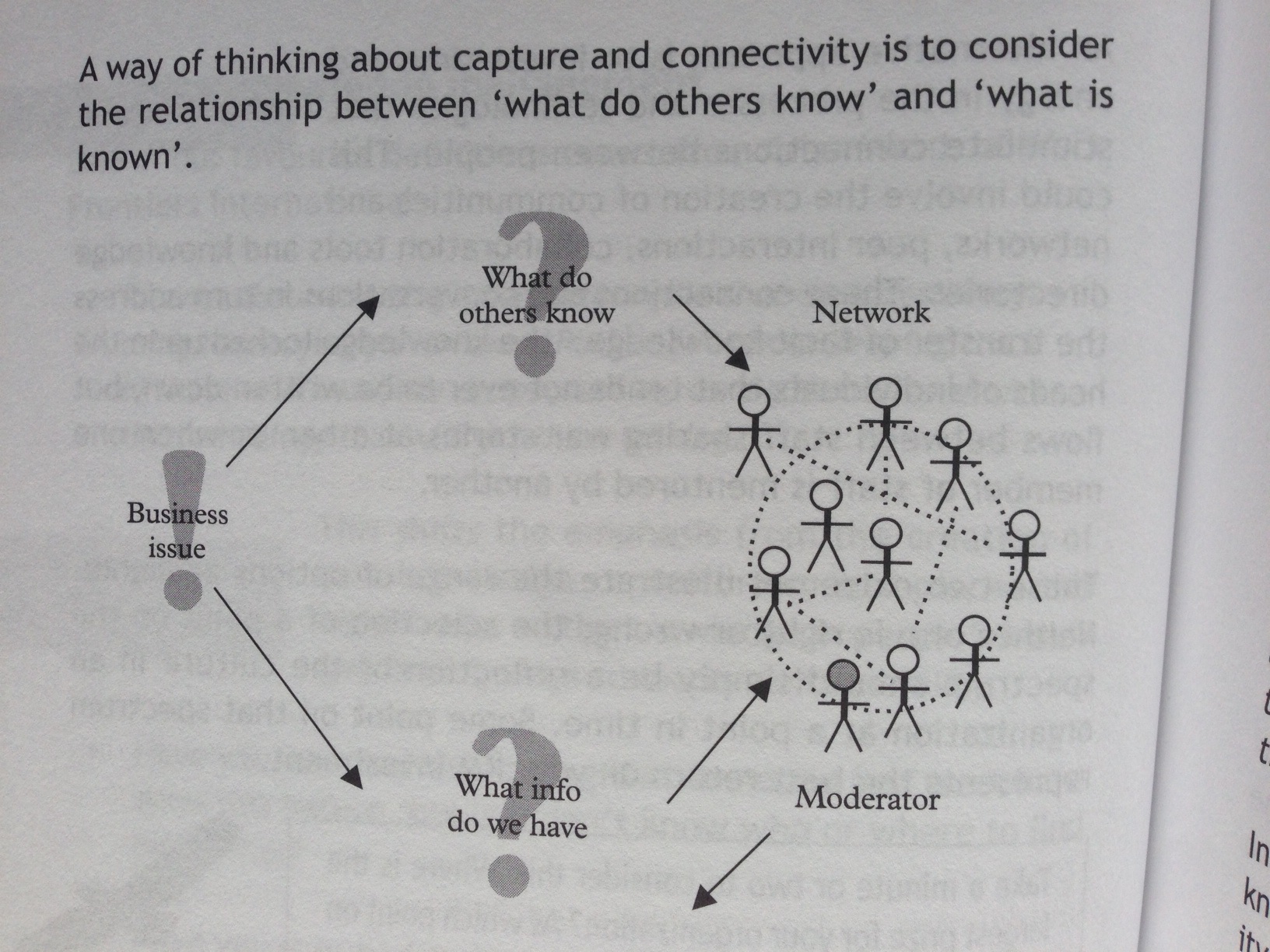Next month marks my tenth year as an independent consultant. How time flies when you're, well, learning to fly...
As I look back over those years, and the privilege of working with 120 different organisations, there are many high spots (as well the odd moment I'd prefer to forget!). One particular type of activity stands out as my favourite, running a knowledge-sharing and learning consortium.
Let me explain how they work, and why they are so effective.
They typically start with a conversation initiated by a client which goes something like this...
“We keep going to conferences and feel like we're hearing from the usual suspects, and seeing the same glossy presentations, but not learning anything new. Could you find us a number of peer organisations to learn from and with - and facilitate a number of high-intensity meetings for us?”
And in a nutshell, that’s what a knowledge-sharing consortium is: a limited series of meetings between different organisations at similar levels of maturity with a commitment to openly share and learn. You could say that it’s the perfect blend of a Community of Practice and a Peer Assist, with a brilliant mix of non-competing organisations.
I have co-facilitated my consortium programmes with my good friend and consultant colleague Elizabeth Lank. It takes the energy and abilities of two facilitators to help 25 participants get the maximum benefit from their investment. You need to give it everything you’ve got. I know that both Elizabeth and I end each event with that feeling of “positive-tiredness” that comes after the last member has departed happy and the celebratory G&T has been poured, to help with our After Action Review.
So thank you to Schlumberger, Shell, BT, Unilever, GSK, Freshfields, Oracle, ABN Amro, Syngenta, Pfizer, PwC, Freshfields, Linklaters, NHS, Audit Commission, the International Olympic Committee and others - thank you for making those events so memorable and enjoyable.
Here are my reflections...
Lessons, recommendations and design principles for a knowledge-sharing consortium.
- Forming a consortium works best when there is a founding organization – a client with a need and a curiosity and desire to learn. Recruiting and inviting other participating companies is so much easier when you can say, for example, “Schlumberger are looking to learn from some other great knowledge companies about maximising the value from Communities of Practice. Would you be interested in joining us?”
- We found that 4-8 member organisations worked best. Any less than 4 and members feel that they are exhausting the possibilities for learning. If you go much higher then 8 and it becomes too difficult to sustain relationships or remember what was discussed – you end up with something more like a conference.
- Ask for 2-4 participants per company. This enables them to provide members from complimentary functions in their own organisations, and gives a critical mass for company break-out moments when they create space and time to consider “what will we do with all the good practice ideas that we’re picking up?. It also enables them to share their own story from multiple perspectives.
- The series of meetings (usually 3 or 4 over a 12 month period) is deliberately time-bound, with a clear end in mind. This gives a focus and a helpful sense of urgency to extract the maximum value from every hour of each event.
- Invest in forming relationships right from the start. Ensure each event has an over-night stay in a pleasant venue, great food and drink, space for informal conversations. Ensure that people have bios or social media profiles available, and include early ice-breaker events which make use of this information and get the group laughing together.
- Ensure that there are sessions where participating organisations tell their story (as creatively as they like – you might chose to ban PowerPoint from some sessions). Balance this time evenly between telling and asking questions. Do everything you can to make it unlike a conference!
- Solve real problems brought by the participants, as early as the first meeting. This sets the tone not just for subsequent face-to-face meetings, but creates the expectation and openness to request and respond.
- Have fun together! We’ve incorporated treasure hunts, photo-safaris, museum trips, role-play, board games, playlists and karaoke into the designs in order to create memories, bind the group together, and, well enjoy having fun!
- Make full use of artifacts. If every picture tells a story, then physical objects can write a book. We’ve curated displays of awards, posters, t-shirts, stress balls, card games, mugs, books, calendars and quizzes and explored their effectiveness at length. It’s been brilliant to see some consensual stealing-with-pride going on between the members.
- Stay flexible. The best-planned agenda needs to be sacrificed if the group collectively choose to go somewhere else. We’ve learned to build in flexibility and use methods like Openspace to keep the power of choice firmly in the hands of the participants.
- Vary the methods, techniques and tools – and debrief their use with the participants. We have found that our participants have really valued the use of new techniques. We’ve introduced reverse brainstorming, appreciative inquiry, project retrospects, social reporting, knowledge asset creation, social network mapping, speed-consulting, peer assists – and some experimental techniques which evolve on the day. Every time we use a technique, we review the outcome and the process and encourage reflection in company teams on how they can be adapted for use.
- Focus facilitation on the process rather than the content. Elizabeth and I are both frequently called upon to speak as experts on knowledge management and collaboration, but in a room with 25 experienced practitioners, our focus is usually on helping them to learn from each other - and just interjecting with the occasional story or 10 minute context-setting session.
- Keep the discussion going between events. We’ve successfully used Google Sites, teleconferences, vlogging, individual telephone calls and even good old email to keep the party going between face-to-face events, and to build anticipation for the next meeting.
Stop press! We've had an approach from a large international company who want to participate in a consortium focusing on effective collaboration, virtual working and network/community building, and we have just started the search for suitable consortium members.
So if this an area that your organisation has experience with, and you're particularly interest in joining with some peer organisations to learn more, then please contact me for details. I can guarantee it's even better than raindrops on roses...





























